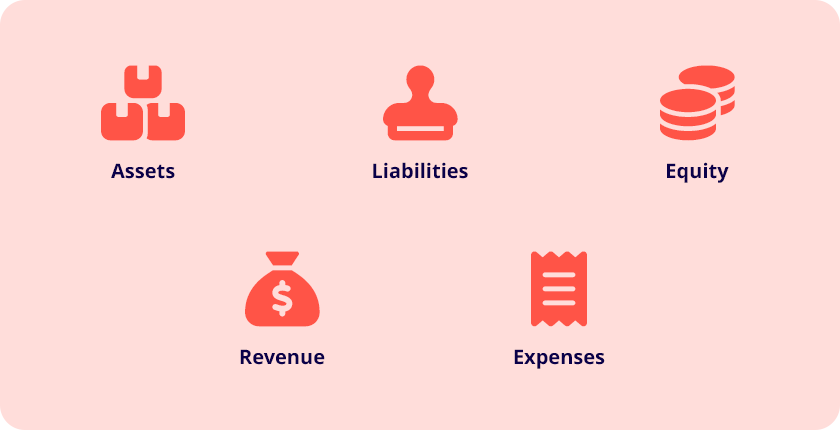A ledger is essentially used to record all financial data and transactions in a systematic and organised manner. Ledgers sit at the heart of business accounting and bookkeeping.
A ledger can either be a physical book or an electronic record created manually in a tool like MS Excel, or in your accounting software.
Why do we use ledgers?
Ledgers are used to track all the financial transactions of a business, including purchases, sales, expenses, and revenues. In other words, ledgers are a permanent record of all financial activities that have occurred in your business.
Ledgers allow business owners, bookkeepers, and accountants to accurately view and report on all your business financial transactions, and from there, generate financial statements, to gain insight into its financial health.
For example, if a business owner wants to know how much money they owe their suppliers, they can look at the accounts payable ledger. If they want to know how much revenue was generated from a specific product or service, they check the revenue ledger.
You can also use your general ledger to create a ‘trial balance’ at the end of each reporting period to be sure your expenses and revenue add up correctly and your records are complete.
Types of ledgers
In accounting, there are three primary types of ledgers: Sales, Purchase and General.
(Within these categories, you can also have other types of subsidiary ledgers such as accounts receivable and payable.)
1. What’s a general ledger?
A general ledger helps business owners, accountants, and bookkeepers keep track of all the financial transactions of a business. This type of ledger is the basis for almost all financial reports.
In totality, the general ledger forms an accurate and current picture of a business’s financial health, which is essential for making informed business decisions.
The general ledger is the master record containing various accounts.

General ledger accounts usually consist of the following:
- Assets.
- Liabilities.
- Equity.
- Revenue.
- Expenses.
Each account in the general ledger can also contain many subsidiary accounts or categories. For example, the asset accounts can be categorised as cash, accounts receivable, inventory, or property, plant, and equipment. The liability accounts can be categorised as accounts payable or accrued expenses.
2. What’s a sales ledger?
A sales ledger is a detailed itemisation of all the goods and services your business has sold (in date order). Your sales ledger can also include things like credits (which reduce your sales) for circumstances like a returned and refunded item.
3. What’s a purchase ledger?
Your purchase ledger details all the purchases your business has made. A purchase ledger essentially records your business expenses in date order and can be categorised into purchases that have been paid for, and those still outstanding (such as your accounts payable) to suppliers.
See related terms
What are fixed assets?
What is profit?
What does accrued mean?































